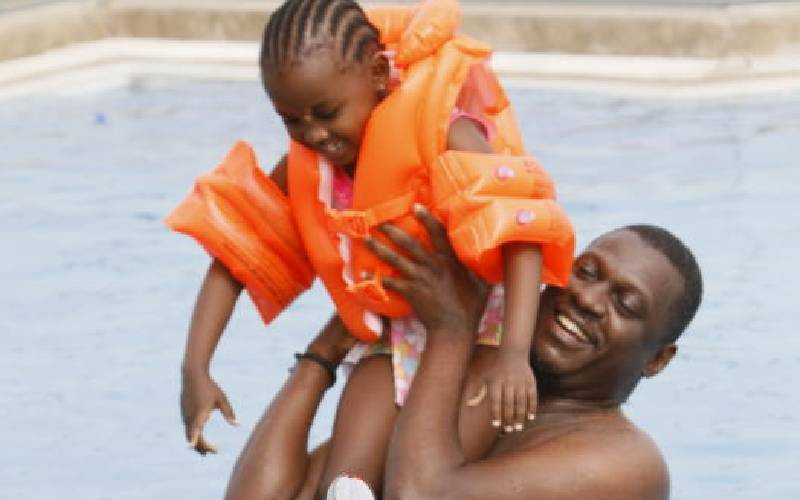×
The Standard e-Paper
Join Thousands Daily

Tomorrow is International Father's Day, one of the few days in the life of the male gender that he is officially celebrated.
I have rationalised this lack of celebration to the reality that despite the great achievements women have made in social, economic and political spheres, it is still a man's world.